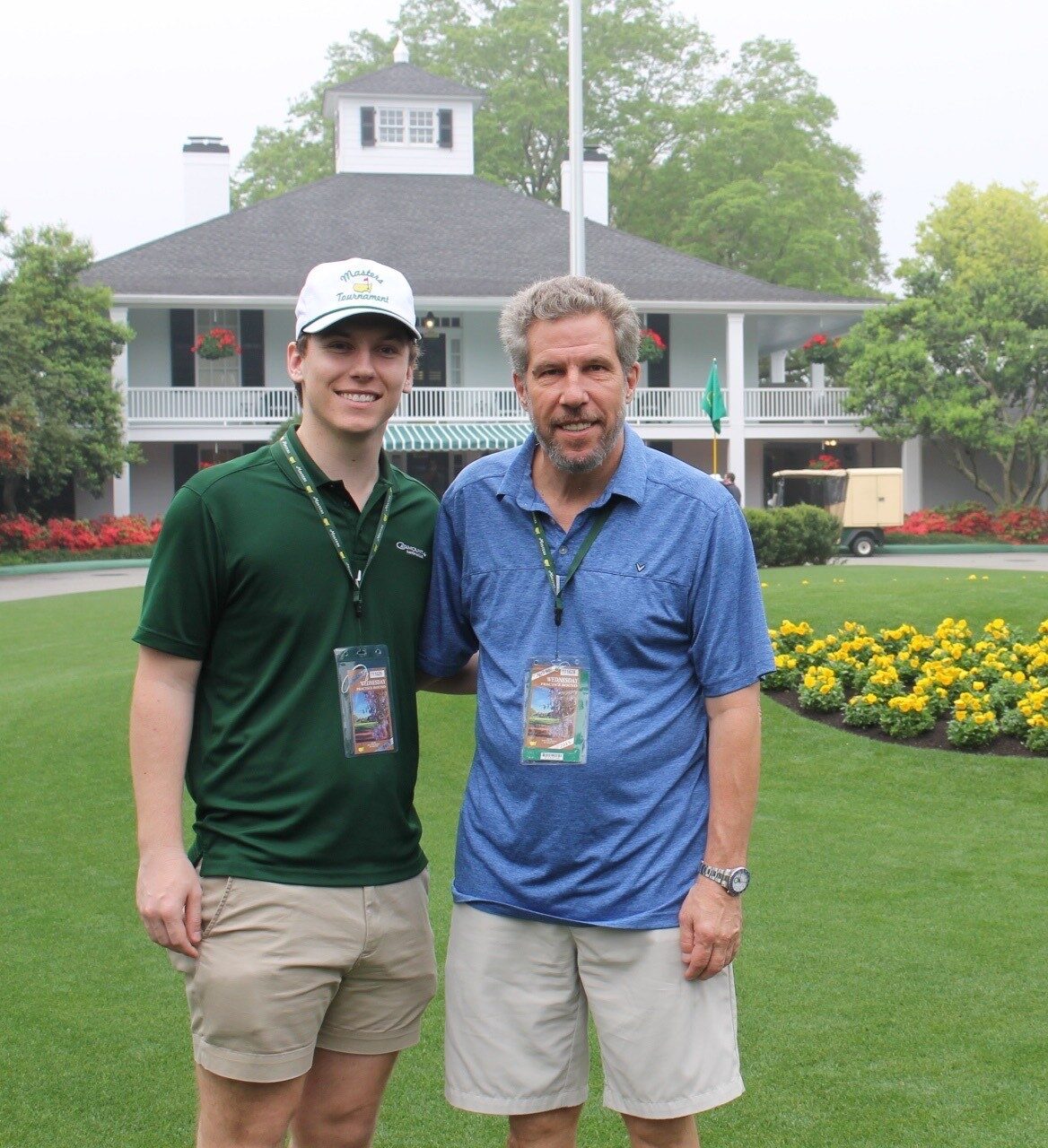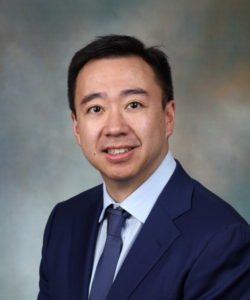
The Legacy
April 11, 2024
This is a guest post by Christopher Wood, Jr, son of the KCA’s late Board Chair and friend, Dr. Christopher…
Read More
In honor of our 30th anniversary, we’re catching up with former grant recipients to hear how their work has impacted kidney cancer care and research.
Dr. Thai Ho is a medical oncologist, internist, and an Associate Professor in the Division of Hematology/Oncology at the Mayo Clinic in Phoenix, Arizona. Dr. Ho received the 2011 ASCO Conquer Cancer Foundation Young Investigator Award while working at MD Anderson Cancer Center in Houston, Texas. We spoke with him about his research project – The role of SETD2, a histone methyltransferase, in the development of renal cell carcinoma – and what he’s been working on recently.
What was the inspiration for your research project?
At the time, the Cancer Genome Atlas data was coming together, and it suggested there were other mutations than von Hippel-Lindau (VHL)* that could contribute to tumorigenesis. Instead of picking a common DNA mutation, I chose a rarer one thinking that there might be less research competition since the number of grants successfully funded is about seven percent.
I wrote the grant and approached Dr. Eric Jonasch and Dr. Nizar Tannir [at MD Anderson] to get access to kidney cancer tissue and analyze it in the lab of Dr. Mien-Chie Hung [also at MD Anderson]. MD Anderson was a great environment because I could see my patients in clinic and then in the evening walk to the laboratory to finish up experiments without ever stepping outside in the hot Houston summer.
What was the outcome of your research project and have there been further developments?
The molecular blueprints of a cell are encoded in very long DNA strands which are highly compressed in order to fit into that single cell. In order to read these blueprints, the cell must control the expansion of selected blueprints which determine whether that cell will develop into a kidney cells or any other type of cell in the body. However, in cancer, errors occur in the blueprints or the cell makes mistakes in reading the blueprints. We identified that these errors that initially arise in an early kidney cancer lead to propagation of these same errors in metastases, a phenomenon in which the cancer has spread to another organ and is a major cause of death.
The preliminary data was later used in successful grant applications from the National Institutes of Health and the Department of Defense.
How would you say your research project contributed to the field?
It suggested that some of these mutations outside of von Hippel-Lindau could influence tumor recurrence and alter the genome of a cancer cell.
Did this research project impact your approach to patient care?
As part of my research, I work with patients to look for hereditary syndromes and I also look to see how these mutations could influence their responses to targeted therapy or immunotherapy. Another part of the laboratory is devoted to developing new therapies that target the tumor environment.
Is there anything else you’d like patients and families about the impacts of your work?
I’d like to thank patients and families for participating in clinical studies and donating their specimens for research. I can’t imagine how difficult it is to be diagnosed with cancer, come for treatment/scans, working, being a father/mother/brother/sister, all while trying to navigate everyday life, much less participate in clinical trials. Oncology is a very humbling profession because my office is filled with thank you cards, obituaries from current or past patients. As a Mayo Clinic oncologist, I can impact the patients I personally treat. But I also really want to change the lives of patients with kidney cancer whom I will never see, in the years when I am no longer practicing medicine.
*Von Hippel-Lindau syndrome is a hereditary condition that causes the formation of tumors or cysts in different parts of the body. The cysts commonly develop in the kidneys, pancreas, and genital tract.